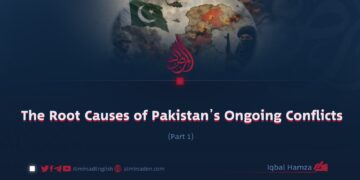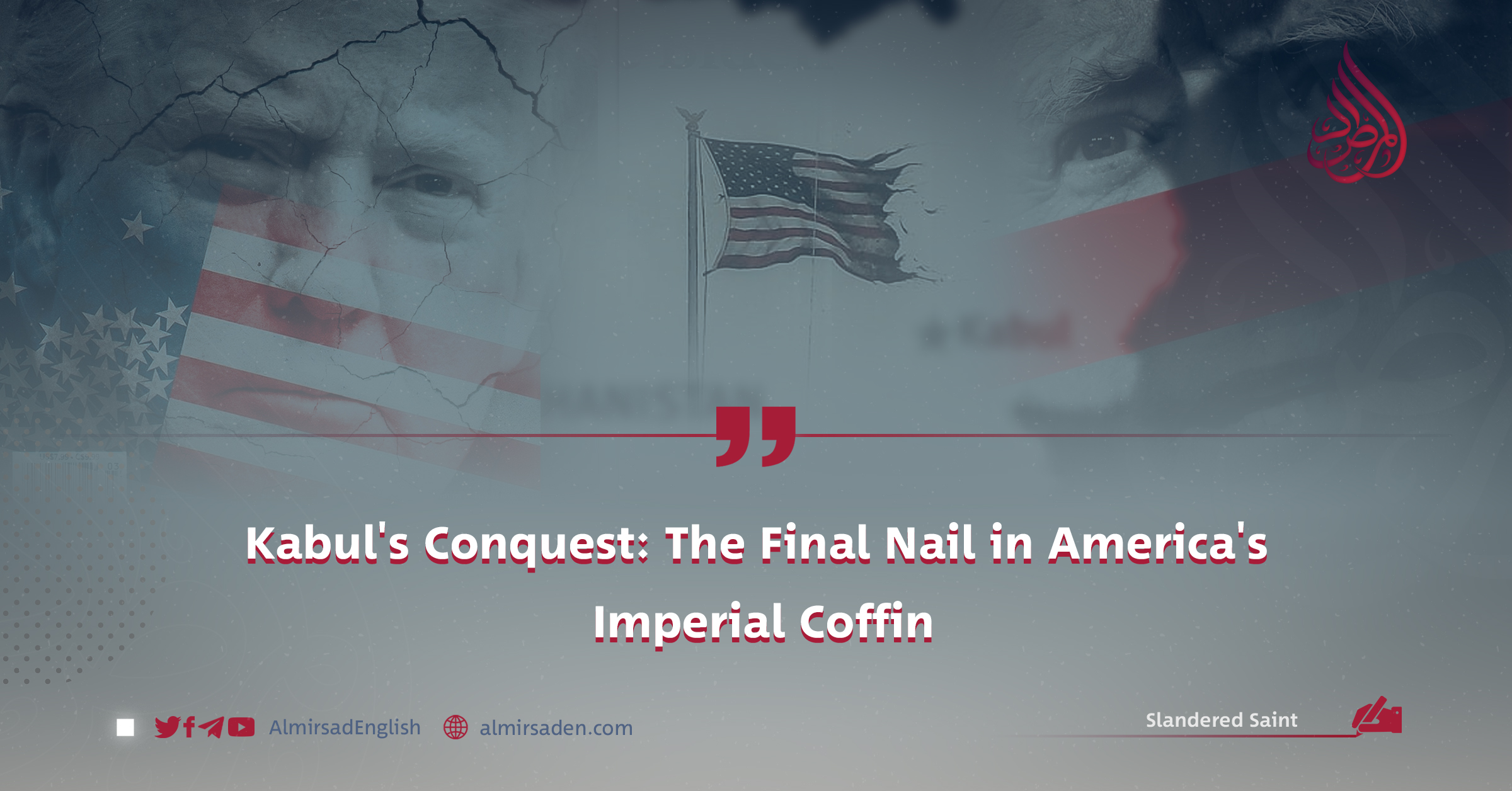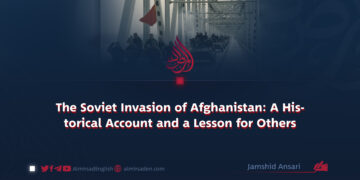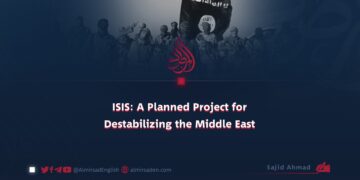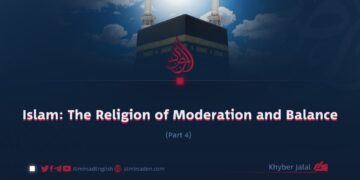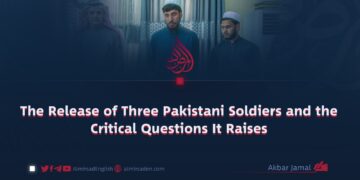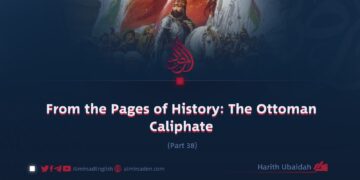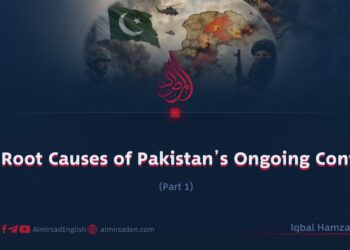Slandered Saint
The collapse of Kabul in August 2021 was not a sudden failure for America. It was the final act of a much longer tragedy born of the United States’ refusal to understand the world it sought to command. I spent years inside the intelligence community watching this blindness metastasize, seeing policy built on comforting myths rather than on the realities of human loyalty, faith, and sacrifice. We believed that force could overwrite belief, and that convictions could be bombed into submission. We were wrong. Very, very wrong.
After September 11, we told ourselves that the attacks were the product of irrational hatred. We refused to acknowledge that the planners of 9/11 not only felt they were in the right, but even obligated. They were carrying out defensive jihad, an obligation to respond to decades of American military aggression, sanctions, and desecrations of Muslim lands. They did not regard 9/11 as random violence; it was a continuation of resistance by other means. Whether we understood it or not was irrelevant. Our refusal to take that worldview seriously guaranteed that we would repeat the very mistakes that provoked it.
I will never forget witnessing firsthand the moment when Secretary of Defense Donald Rumsfeld was informed that Mullah Mohammad Omar had refused to surrender Osama bin Laden. He exploded in fury, slamming his hand on the table and shouting, “What the fuck is wrong with this guy? Why the fuck are these people like this?” He turned and stared at me, a young officer then, still astonished to even be in the room, and barked, “Well, do you have a fucking answer for me? How many bombs do we need to drop to get Omar to give the bastard up?”
Terrified, I said the only thing I knew: “Sir, the more bombs we drop, the stronger his resolve will become.”
Rumsfeld, whose back was turned, spun around swiftly and chucked a heavy binder across the room. It was not aimed at anyone, though I had to duck to avoid it. At the time, it felt like just another volatile exchange. Only later, as the war unraveled year after year, did I realize what that moment had revealed. At the highest levels of American power, we had no comprehension of the kind of war we had entered.
Mullah Omar’s refusal was not madness but obligation. In Islamic tradition, and particularly in Afghan culture, betraying a guest under protection is an unforgivable sin. Defensive jihad against a foreign invader is not optional. Once American boots touched Afghan soil, resistance was not only inevitable; it was mandatory. Every escalation we undertook, every bomb dropped, only deepened the religious duty to oppose us.
Within the CIA, we tracked metrics: bodies counted, provinces secured, dollars spent. But the Taliban did not fight for land, wealth, or status. They fought for loyalty to Allah, to honor, and to land. They fought because their faith demanded it, and because endurance was itself a form of victory.
We mistook discipline for fanaticism. We assumed that enough force, enough technology, enough dollars would finally bend them to our will. We were wrong. The harder we pushed, the stronger their resolve became.
Afghanistan endured not because it was strong but because its people still believed there are things more important than survival. The United States lost because it forgot that such beliefs still exist and that no empire, however powerful, can erase them with bombs, money, or slogans.
Until American power relearns this truth, every future intervention will end the same way: in humiliation, exhaustion, and defeat.













